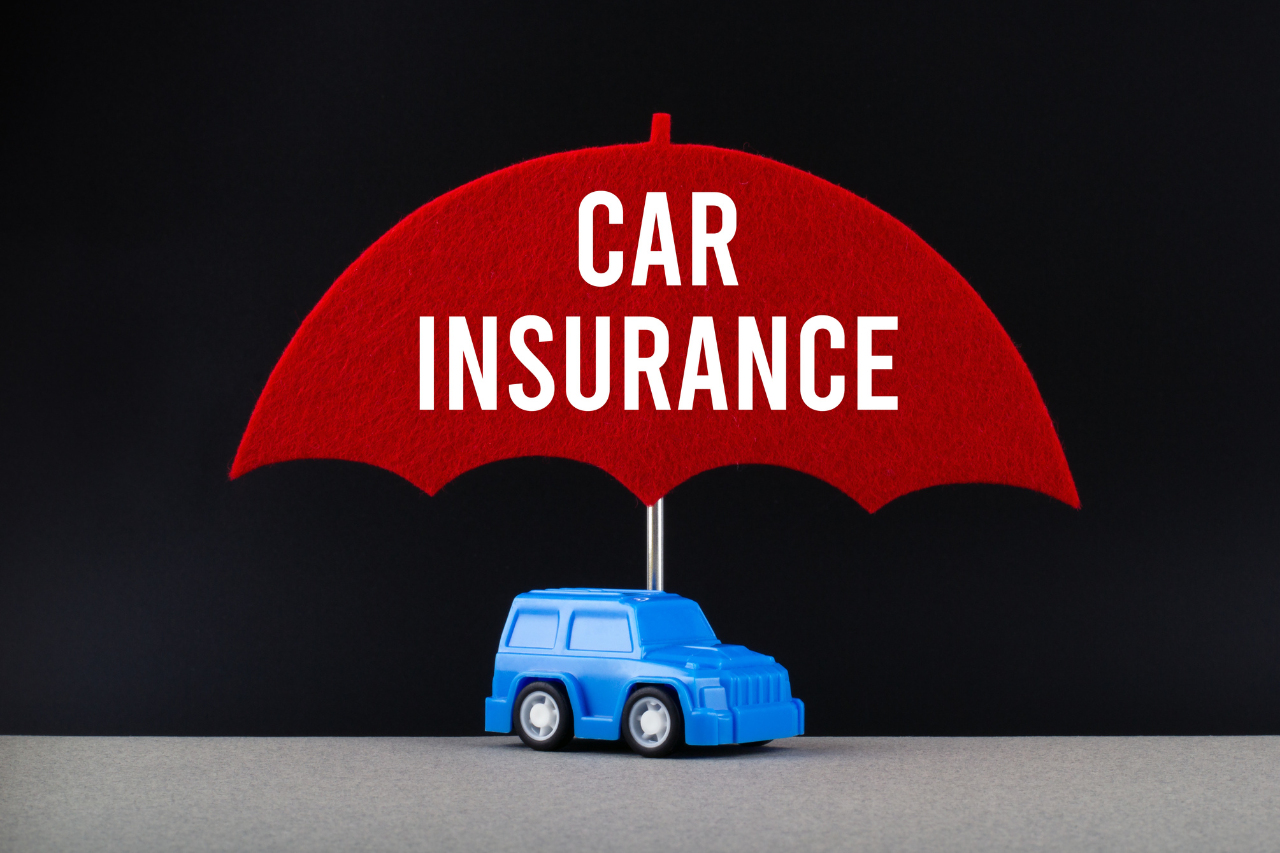
Unraveling Comprehensive Policies!

Share:
What is Comprehensive Auto insurance?
Comprehensive car insurance is one of the coverage options that can be added to an auto insurance policy. A comprehensive auto insurance policy covers damage to your vehicle that is not caused by collision or theft. This can include damage from events such as fire, storm, hail, or vandalism. Adding comprehensive insurance coverage to your policy can give you peace of mind in knowing that your vehicle is covered in the event of damage from these types of events.If you have an older vehicle, you may want to consider whether you need comprehensive coverage as it is normally limited to the actual cash value of your car.
What Does Comprehensive Insurance Cover?
Comprehensive car insurance can help pay for damage to your car or replace your car if it’s stolen or damaged in an incident that’s not a collision. That includes events such as fires, floods, earthquakes, windstorms, hitting an animal, hail, explosions, or what’s commonly called acts of God. If you live in an area with a high rate of car theft or vandalism, comprehensive coverage may be a good option for you.
Comprehensive Deductible
Comprehensive insurance does not cover damage caused by collisions, and it’s important to remember that it also doesn’t cover the regular wear and tear of your vehicle. You will still need to maintain your car and keep up with routine maintenance in order to keep your comprehensive coverage policy active.
It’s also important to note that comprehensive coverage has a deductible, which is the amount you will need to pay out of pocket before your insurance coverage kicks in. The amount of the deductible is set by you when you purchase your policy, and it’s important to choose an amount that you are comfortable with paying in the event that you need to make a claim.
Comprehensive coverage can be a great way to protect your vehicle, and it’s important to understand what it covers and what it doesn’t. If you have any questions about whether or not comprehensive coverage is right for you, speak to your insurance agent or company. They can help you decide if this type of coverage is a good fit for your needs.
Is Comprehensive insurance required?
No, comprehensive insurance is not required in order to maintain your auto insurance policy. However, if you have a loan or lease on your vehicle, your lender may require you to carry this type of coverage.
Comprehensive insurance can be a great way to protect your vehicle, and it’s important to understand what it covers and what it doesn’t. If you have any questions about whether or not comprehensive coverage is right for you, speak to your insurance agent or company. They can help you decide if this type of coverage is a good fit for your needs.
How to purchase comprehensive coverage
If you decide that comprehensive coverage is right for you, the next step is to purchase a policy. You can do this by speaking to your insurance agent or company. They can help you find a policy that fits your needs and budget. When you’re ready to purchase a policy, be sure to ask about discounts. Many insurers offer discounts for things like having a clean driving record or insuring multiple vehicles.
Comprehensive vs. full coverage insurance
Comprehensive and full coverage insurance is often confused because they both offer protection for your vehicle. But it’s important to understand the difference between the two types of coverage. Full coverage insurance includes comprehensive and collision coverage, while comprehensive insurance only covers damage that is not caused by collision or theft. If you have a loan or lease on your vehicle, your lender may require you to carry full coverage insurance.
Comprehensive and full coverage insurance are both important types of protection for your vehicle. But it’s important to understand the difference between the two before you purchase a policy. If you have any questions, speak to your insurance agent or company.
What is Collision Insurance?
Collision Insurance is another optional coverage that can be added to an auto insurance policy. Collision coverage helps pay to repair or replace your car if it’s damaged in a collision with another vehicle or object. This can include damage from events such as a car accident, hitting a parked car, or backing into a pole.
Adding collision coverage to your policy can give you peace of mind in knowing that your vehicle is covered in the event of damage from these types of events.
What Does Collision Coverage Cover?
Collision coverage can help pay to repair or replace your car if it’s damaged in a collision with another vehicle or object. This can include damage from events such as a car accident, hitting a parked car, or backing into a pole.
Collision coverage does not cover damage caused by Comprehensive Coverage perils, and it’s important to remember that it also doesn’t cover the regular wear and tear of your vehicle. You will still need to maintain your car and keep up with routine maintenance in order to keep your collision coverage policy active.
It’s also important to note that collision coverage has a deductible, which is the amount you will need to pay out of pocket before your insurance coverage kicks in. The amount of the deductible is set by you when you purchase your policy, and it’s important to choose an amount that you are comfortable with paying in the event that you need to make a claim.
Collision coverage can be a great way to protect your vehicle, and it’s important to understand what it covers and what it doesn’t. If you have any questions about whether or not collision coverage is right for you, speak to your insurance agent or company. They can help you decide if this type of coverage is a good fit for your needs.
Are comprehensive and collision insurance coverage different?
Comprehensive and collision coverage are both important types of protection for your vehicle. But it’s important to understand the difference between the two before you purchase a policy.
Full coverage insurance includes comprehensive and collision coverage, while comprehensive insurance only covers damage that is not caused by collision or theft. If you have a loan or lease on your vehicle, your lender may require you to carry full coverage insurance.
Comprehensive and full coverage insurance are both important types of protection for your vehicle. But it’s important to understand the difference between the two before you purchase a policy. If you have any questions, speak to your insurance agent or company.
Most Popular


Navigate with Confidence: Policy Types

Mortgage Insurance 101: Understanding its Purpose & Necessity

Unraveling Comprehensive Policies!
Subscribe To Our Weekly Newsletter
Categories
Related Posts

Why Your Health Premiums Spiked
Share: If you’ve noticed that your health insurance premium has gone up, you may be wondering why. Many factors can contribute to an increase in the cost of your healthcare coverage, and there are a few key questions to consider when trying to understand why this happened. Does health insurance go up if you use

Navigate with Confidence: Policy Types
Share: Car insurance helps prevent the financial consequences of having an accident. Car Insurance coverage includes liability, collision, and medical payments. There are several types of insurance to consider when buying insurance for a car. Depending on the insurance company and insurance coverage, these insurance plans can vary in scope, cost, and payout benefits. When

Mortgage Insurance 101: Understanding its Purpose & Necessity
Share: Traditionally the target for a home downpayment is 20% of the purchase price, but this isn’t available for most homebuyers. Mortgage insurance gives borrowers a chance to pay less than 20% down on a mortgage. Mortgage insurance will protect the lender when or if the loan has gone into default. If you don’t have

Unraveling Comprehensive Policies!
Share: What is Comprehensive Auto insurance? Comprehensive car insurance is one of the coverage options that can be added to an auto insurance policy. A comprehensive auto insurance policy covers damage to your vehicle that is not caused by collision or theft. This can include damage from events such as fire, storm, hail, or vandalism.
